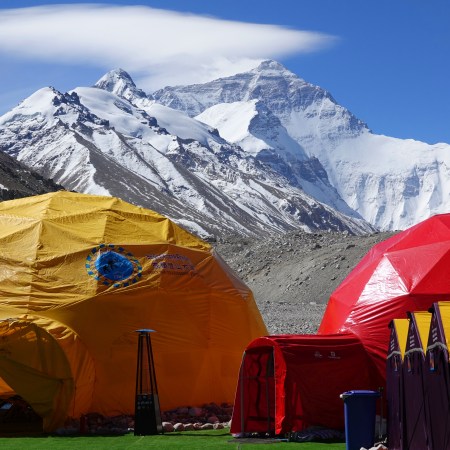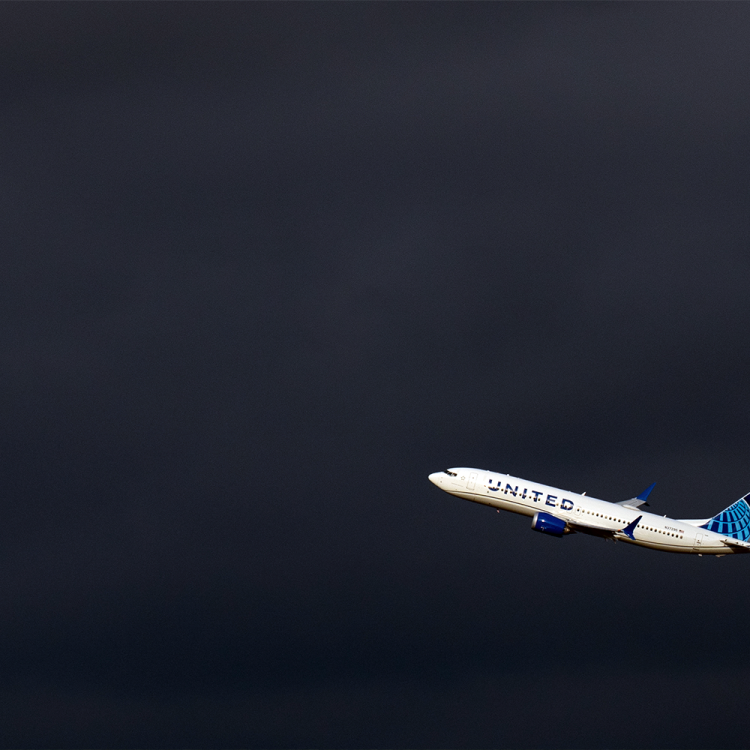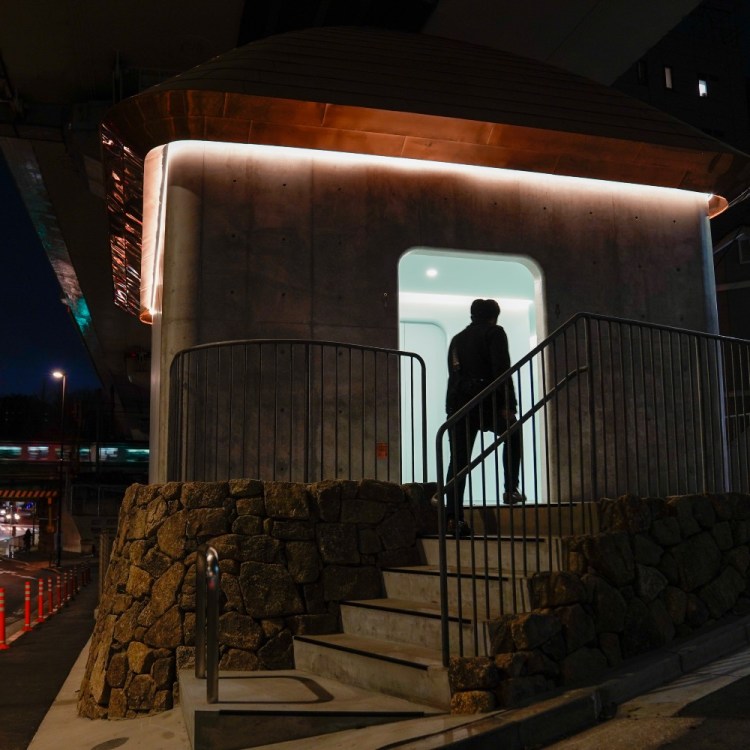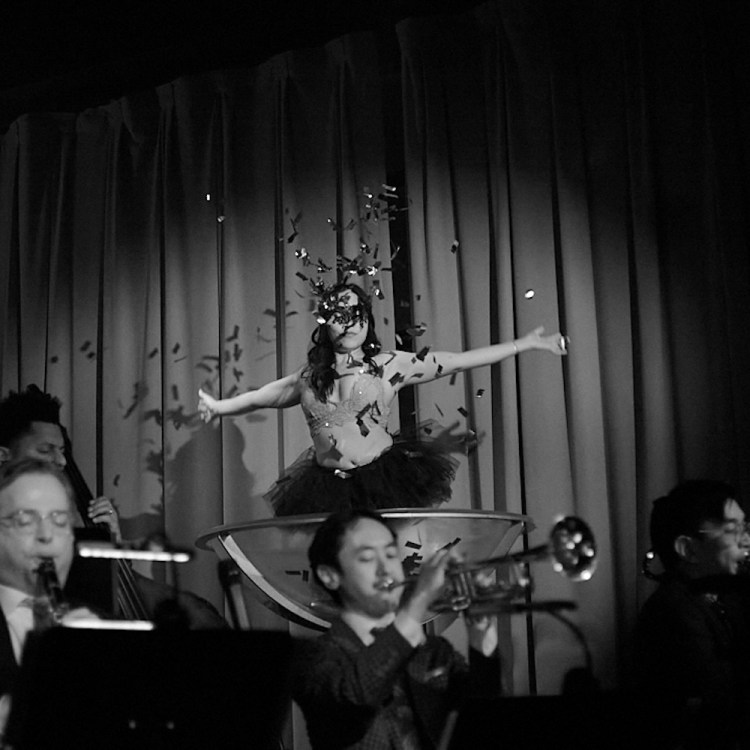When Alan Arnette talks about the price (literal) of climbing Everest, we’re all ears, and not just because we respect our elders.
Because Arnette has summited Everest multiple times. Because he’s the oldest American to have climbed K2. Because Outside Magazine considers him the foremost expert on mountaineering.
And he estimates the average cost of ascending the world’s highest peak atabout $45,000, or roughly the cost of a brand new car — a lot of money for one trip. A memorable trip? Yes. But still a lot of dough, and that’s on a shoestring budget. If you’re doing it with extra safety measures and assistance, it can run as high as $115,000.
Here’s the itemized breakdown:
- Travel arrangements ($10,000)
- Permits, fees and insurance ($9,000 – $29,000)
- Food and equipment ($800-29,000)
- Logistics and support ($30,000-$85,000)
So … it adds up fast.
We’re not going to quibble with the figures. If we were to scoff at any line item, it might be the permits and fees — one does wonder how China and Nepal allocate the money earned from that. I.e., how much actually goes to taking care of the mountain? Or safety? Those two countries aren’t exactly famous for transparency, and Arnette notes that both sides will raise their rates in 2017. China’s increase may be related to its plans to build a ski chalet-style resort on the Tibetan side.
It’s easy for most of us at home to roll our eyes at all of these costs because, damn, climbing Everest seems like a wealthy man’s game. Visions of Silicon Valley elites pervade the imagination.
Is that right? Should experiencing one of mountaineering’s great feats be limited to the uber rich?
Personally, I think the exorbitant cost is a good thing. It makes for a high barrier of entrance, which could prove to be a saving grace for the world’s tallest mountain. If it were easier, more people would do it, and Everest would no doubt be worse off for it. Raising the costs ensures that fewer people go and safety measures are taken seriously.
And no matter the price, climbing Everest isn’t a week at the Ritz. It’s a serious undertaking for serious adventurers. You’re there for at least six weeks, and there’s no rushing it unless you’re a professional mountain climber, in which case, you’re likely being sponsored to do it.
Warren Buffett once said that he doesn’t skimp on air travel, which makes sense … given that he doesn’t have to. His point, though, is why cut costs when the possibility of disaster is great?
It’s a principle that applies to Everest as well.
This article was featured in the InsideHook newsletter. Sign up now.





















